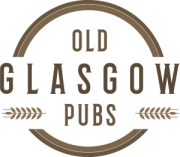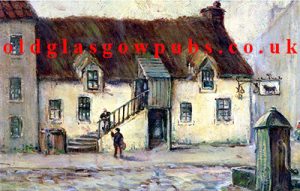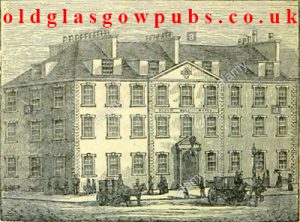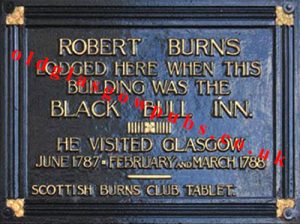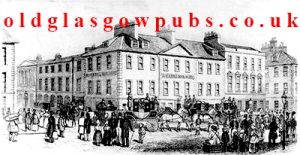72 High Street, Dunbar.
Old established public house (formerly an Inn) well situated in the main street of Dunbar having good steady local trade and during the holiday season frequented by many visitors.
The public bar with ladies and gents toilets all recently renovated. Above three flatted dwelling houses (subject to tenent’s rights), ample storage accomodation, large garden. R.V. Bar £290, combined R.V. of three dwelling houses £111, no feu duty, offers around £19,000.
This was an advertisement for the sale of the Black Bull Inn in 1971.
